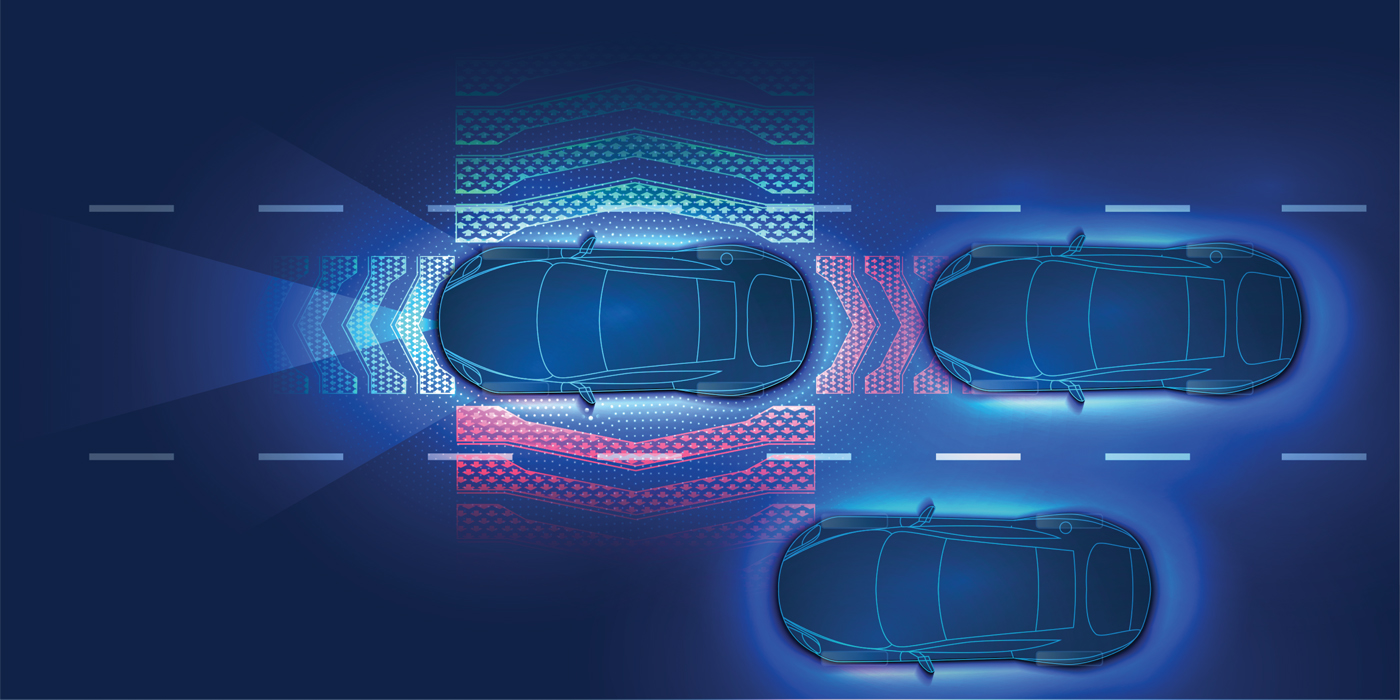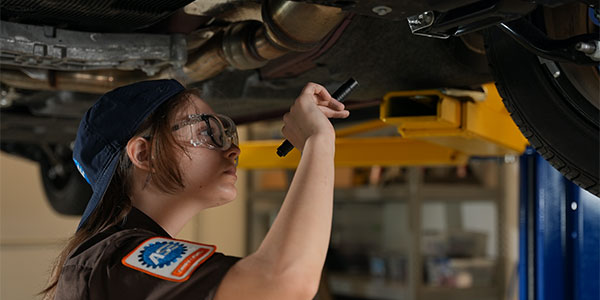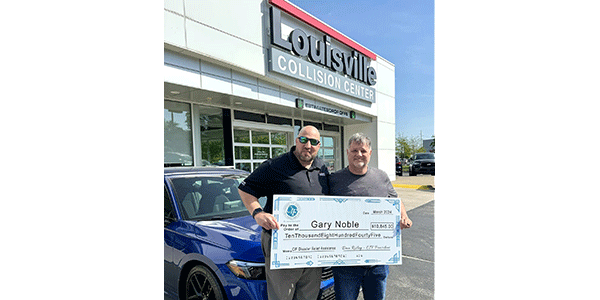
Mobile devices have enabled us to immerse ourselves in our favorite TV shows, movies and music just about anywhere, anytime. Autonomous technology holds the potential to take that one step further by allowing motorists to do those things while their vehicles are in self-driving mode.
But what happens when automated driving systems fail, and drivers need to quickly take command of the vehicle?
Researchers from the University of Clemson tried to answer that question by putting 48 drivers in a simulator that gauged their reactions times when vehicles were in adaptive-cruise-control and lane-keep-assist mode and the drivers were engaged in non-driving activities (such as watching a short movie clip). They also studied reaction times when participants were not engaged in a non-driving task.
Sijun Shen and David Neyens cited previous research concluding that automation causes an “out-of-the-loop” situation in which operators are less aware of system performance and their surroundings – “resulting in impaired performance when operators regain control of the systems.”
During the simulated drive, participants watched short movie clips on the in-vehicle display mounted on the right side of the dashboard. Researchers analyzed their responses when the simulated vehicle experienced induced lane drifts accompanied by a surprise failure of the lane-keep-assist system. They also studied their response times when lane drifts occurred while participants weren’t watching movie clips.
Their findings seem fairly consistent with previous studies on automation.
“The results of this study suggest that when both the longitudinal and lateral positions of vehicles are controlled by automation, driver responses to safety-critical events are impaired, regardless of the presence of a non-driving task,” the researchers explain in their report. “These responses were further degraded when their attention was diverted by a demanding non-driving task (in this case a movie). To avoid this degradation, it is vital for drivers to refrain from engaging in non-driving tasks requiring extended glances off the forward road, especially when operating highly automated vehicles. That is, they need to remain within the control loop of the vehicle.”
As with any study, Shen and Neyens acknowledge that the research isn’t perfect, noting that the simulation “involved rural interstate freeways with low traffic density.”
“It is also important to evaluate driver interaction with L2 automated vehicles in urban areas with a high traffic density,” they add. “In addition, the non-driving task in this study was short movie clips between 40 [seconds] to 1 [minute] long. When drivers watch a longer movie, they may become completely engaged and, thus, have even slower responses to lane departure events. The task itself may be a limitation as it is uncommon and illegal, so the effects may be more pronounced than if a more common task had been used.”
Shen and Neyens discuss their research in “Assessing drivers’ response during automated driver support system failures with non-driving tasks,” which appears in Volume 61 of the Journal of Safety Research.












